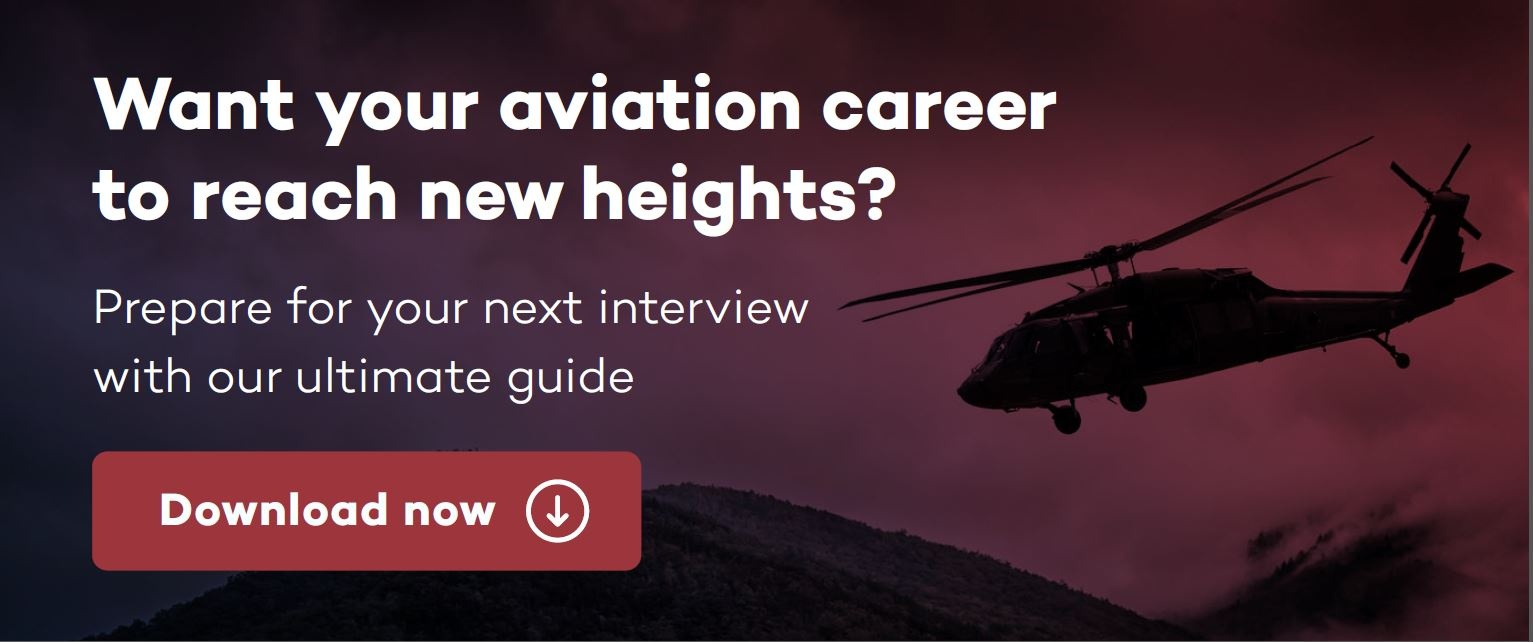Looking for an aviation role? Here’s how to make your CV soar
Aviation is one of the most exciting industries to work in - but it’s also highly competitive, which means if you’re going to stand out from the competition, your CV has to make the right first impression. At M&E, we recruit for a range of aviation contract roles, from sheet metal technicians to aircraft mechanics and engineers. So, if you’re ready to kick off your aviation job search and want to take your career to new heights, read on to discover how to get your CV just right...
Be clear and concise
First things first, in order to get your aviation job search off to a flying start, you need to make sure your CV is clear, concise and that your qualities and strengths can be spotted straight away. As a general rule of thumb, you should aim to keep your CV to just two sides of A4. Think of it as a tool to get your foot in the door - and once you’ve landed an interview, you can always fill the recruiter in on any other details then!
First impressions are important, so start things off with a short personal profile to let your potential employer know why you’re right for the job; this should be just a few lines that addresses some of the key skills they are looking for. For example, if you are applying for a Chinook Mechanic role, your profile could say “Experienced Chinook mechanic with over a decade in the aviation industry who is highly competent in the repair and replacement of aircraft components”.
Next up, you should outline your experience and previous positions held in date order. Instead of simply listing all your responsibilities or waxing lyrical about your qualities, use short, sharp bullet points to highlight any relevant experience. Make sure you clearly list all your qualifications, certificates and ratings, starting with your highest held, and you will also need to include information about your licenses too (more on that below!).
Check your licenses
In order to keep in line with the safety standards set out by the Civil Aviation Authority, aircraft mechanics and engineers need to be licensed, so it’s really important that you hold the right type of license before applying for a job.
Your CV should include all the necessary licensing information, such as the licence types and the country the licences were issued in - especially with the EU transition. Different types of licenses include a European Aviation Safety Agency (EASA) Part 66 license for working on EASA aircraft, a UK National British Civil Airworthiness Requirements (BCAR) Section L license for working on non-EASA aircraft and, following on from Brexit, a UK Part 66 license.
For more information on what to consider when it comes to EASA and UK licenses and working on UK and non-UK registered aircraft, this CAA microsite is very useful.
Get specific about skills
When it comes to creating the perfect aviation CV, you need to highlight your industry skills. Some of our clients expect candidates to have a minimum of three years’ experience within the last six years on certain aircraft types, so potential employers will want to see clear evidence that you have the right skill set and specific experience working on certain aircrafts.
Whatever your niche, be clear about the equipment types you have worked on and the systems you have used. So, whether you’ve got three years of general CH-47 Chinook maintenance or have previously worked as a mechanic on an Apache, make sure you say so!
Finally, don’t forget to include anything else that might set you apart from the competition. From tasks you have carried out to examples of when you’ve successfully solved a problem, this specific information could be the thing that clinches the deal for you!
But include transferable skills too
Although some aviation roles require specific experience, if you are new to the industry there are several transferable skills that you might have picked up from other roles that could still put you in good stead! Likewise, whilst some of your previous work experience might not be specific to the aviation industry, it could well show another string to your bow that ultimately makes your potential employer sit up and take notice.
For example, do you have the ability to read and understand technical information? Do you have excellent attention to detail? Are you responsible and reliable? Can you work quickly and accurately, alone or as part of a team? Problem-solving skills, time management skills and the ability to work as part of the team are all vital to the aviation industry, so be sure to mention them.
Tailor your CV for each role
Finally, if you want to make sure your CV really stands out, you need to tailor your CV to the role you are applying for. Go over the job description and make sure you have included examples of the necessary skills and experience that are relevant to the role, and you should also tweak your personal profile at the start of your CV to be specific to each role. Try to include keywords and industry terminology throughout to prove your depth of understanding, and make sure you include relevant examples of your experience too.
How we can help
Still need more advice creating your CV? Well, that’s what we’re here for! At M&E Global, we are experts in aviation recruitment and there’s nothing our team doesn’t know about CV writing. So, whether you have tons of experience or are just starting out, we help you craft a CV that commands attention. We will even proofread it and help with formatting to ensure your CV creates a lasting impression for all the right reasons!
What are you waiting for? To find out more about the roles we are currently working on or to speak to one of our consultants about how we can help with your aviation job search, contact M&E today.

